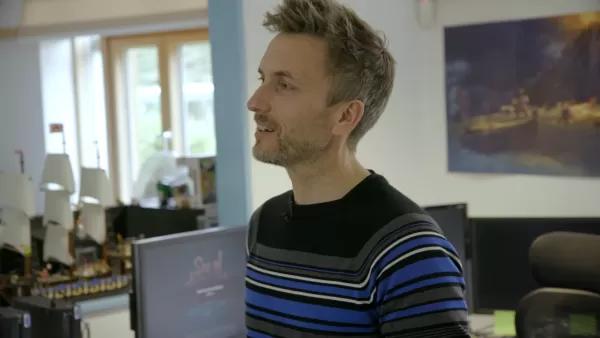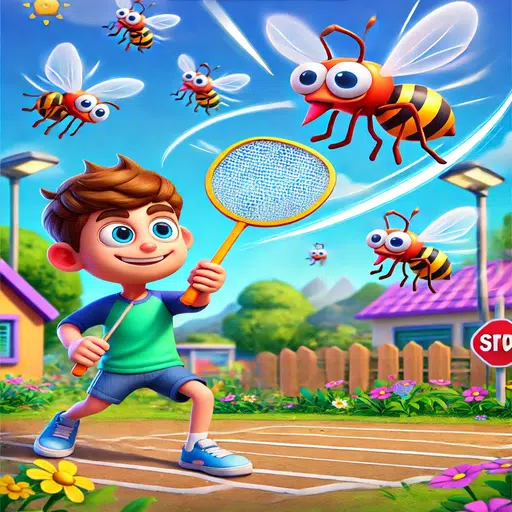Google's newly launched Veo 3 is making waves with its advanced AI video generation capabilities, particularly in creating strikingly realistic Fortnite gameplay clips. Unveiled this week, Veo 3 has garnered attention for its ability to produce life-like videos from simple text prompts, complete with realistic audio, pushing the boundaries of what generative AI can achieve.
While other AI programs like OpenAI's Sora have been generating similar content, Veo 3's inclusion of lifelike audio marks a significant, albeit unsettling, advancement. Users are already experimenting with the tool, producing Fortnite gameplay clips featuring fake streamers narrating the action. The quality is so convincing that these clips could easily be mistaken for genuine content from platforms like YouTube or Twitch.
Interestingly, Veo 3 does not explicitly infringe on copyrighted material, though it's doubtful that Epic Games, the developer of Fortnite, has given its approval. It appears the AI has been trained on the vast array of Fortnite gameplay available online, enabling it to generate highly believable representations on demand.
A notable example is a clip created with the prompt "Streamer getting a victory royale with just his pickaxe," which showcases a streamer celebrating a win using only their pickaxe. This demonstrates Veo 3's ability to interpret context and generate appropriate content without specific instructions to create Fortnite gameplay.
The implications of Veo 3's capabilities extend beyond copyright concerns, raising significant issues about the potential for disinformation and the erosion of trust in authentic footage. Social media reactions have expressed both awe and concern, with users questioning the authenticity of the clips and speculating about the vast amount of content used to train the AI.
IGN has reached out to Epic Games for comment on this development. For a glimpse of Veo 3's applications beyond gaming, consider a fake news report on a non-existent automobile trade show, complete with fabricated interviews, all generated from a single text prompt.
Microsoft is also exploring AI-generated video content with its Muse program, trained on Xbox's Bleeding Edge. Xbox head Phil Spencer has suggested that Muse could be used for ideating game concepts and aiding in game preservation. However, the reveal of Muse-generated footage from Quake 2 has sparked debates about the potential impact on human creativity and job security in the gaming industry.
Fortnite itself has incorporated AI, recently adding a feature allowing players to chat with a Darth Vader character voiced by generative AI trained on the late James Earl Jones' voice. This feature, officially licensed and sanctioned by Jones' estate, has nonetheless drawn criticism and labor practice charges from SAG-AFTRA, highlighting the ongoing tension between AI and traditional creative roles.






























